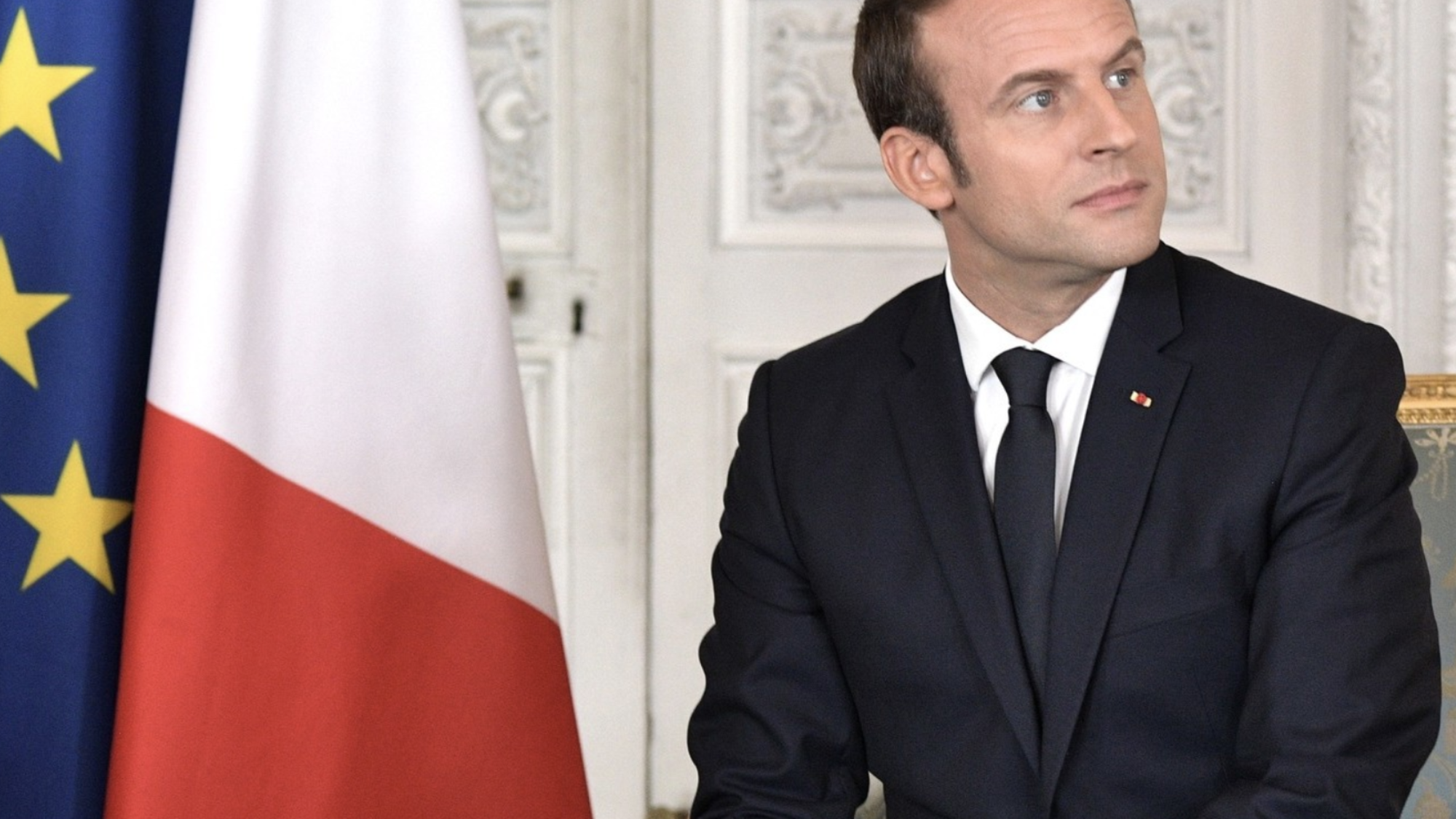GJIA: President Macron is expected to unveil a stricter immigration policy following the recent clearing of the migrant camp known as “the Jungle” in Calais. What do you think these immigration policies will look like and how will they impact the refugee crisis in Europe?
GA: All of the Western societies are facing, on one side, a political backlash against immigration. On the other side, in Europe, we have also experienced a dramatic rise in the number of migrants coming from Africa and Syria. We have to find the right balance between humanity, which means to give a decent welcome to the migrants, and the fact that in our societies there is a certain level of toleration that could create a political and law-and-order problem. What does it mean to have a decent human immigration policy where we provide the immense services of support to our immigrants, but at the same time manage the number of immigrants? That’s basically what we are going to do. As you can guess, the government is navigating between, on one side, people who say there are too many immigrants, and on the other side, the NGOs who are saying we should be more generous in terms of the number of immigrants and the treatment of the immigrants. We have to find the right balance and, of course, nobody at the end of the day will be satisfied. President Macron has said that we will stick to our international commitments in terms of the international conventions about refugees.
President Macron spoke recently at the World Economic Forum, and he said that France will be taking on a more prominent role in the global economy. What economic policies will France pursue to accomplish this?
First, we have to reform our economy to make it more nimble. We are a country where the welfare state is costly but necessary. The French are committed to the welfare state. President Macron again has to try to find the right balance for the modernization of the economy, which means having a labor market that is more flexible but also trying to decrease the level of the state expenditure, while keeping the welfare state, because the welfare state is part of our national identity.
President Trump is going to be hosting President Macron at the White House this April. How will this impact U.S.-France relations?
It is the symbol of how good the relationship between France and the U.S. is and how good the personal relationship between our two presidents is. However different they are by their age, by their training, even by their political leanings, they have succeeded in building a working relationship based on frankness, on accepting the disagreements when there are disagreements, and on trying to work together. So [this meeting] is a recognition of this cooperation.
This transcript has been lightly edited for clarity and length.
. . .
Gérard Araud is a French diplomat, who since 2014 has served as Ambassador of France to the United States. He has also served as France’s Permanent Representative to the United Nations as well as Director General for Political and Security Affairs of the French Ministry of Foreign Affairs and International Development.

